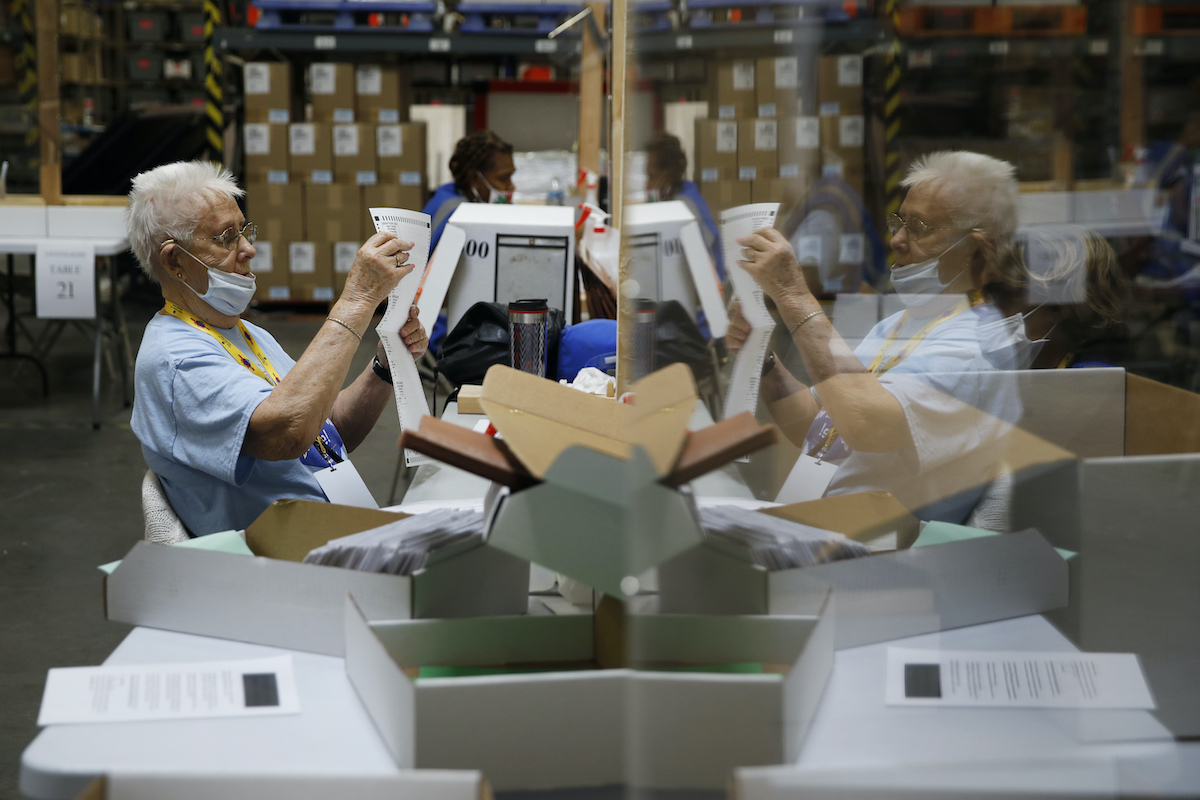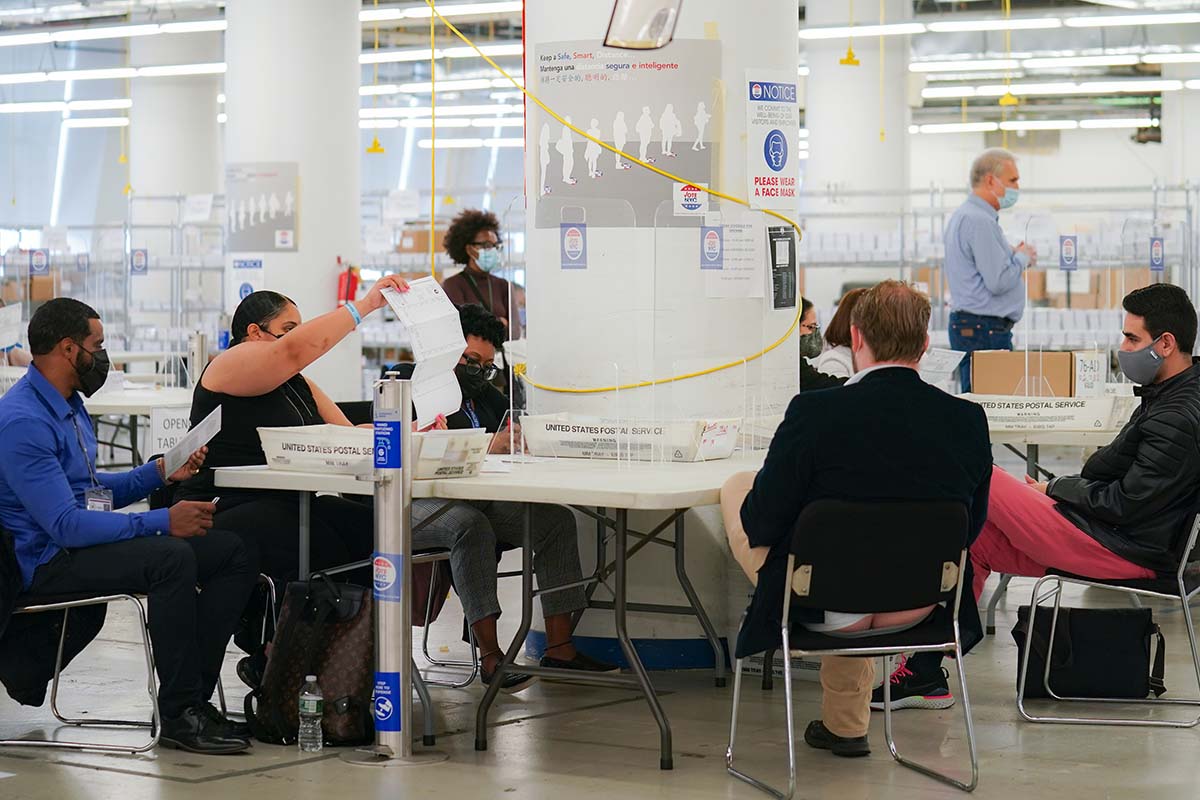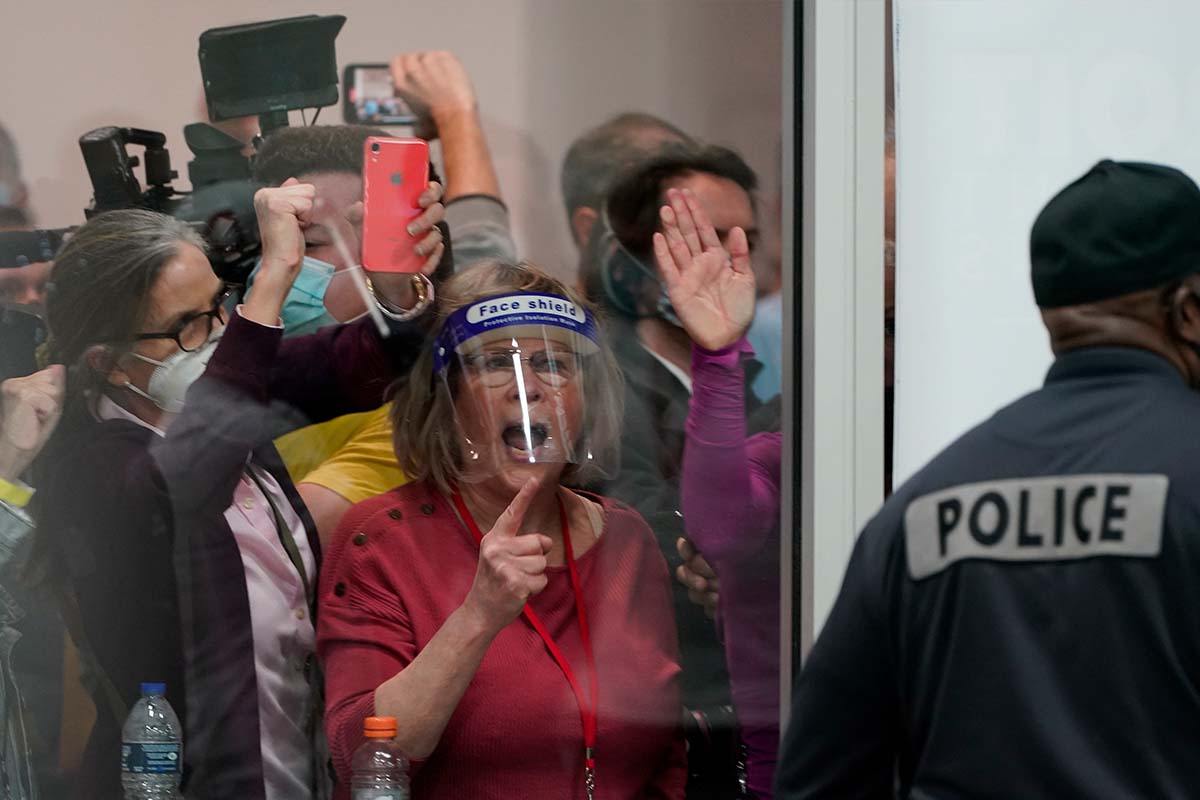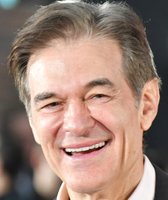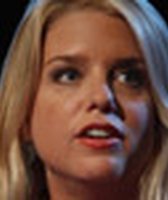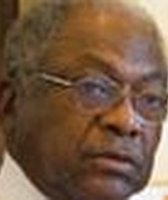Get PolitiFact in your inbox.
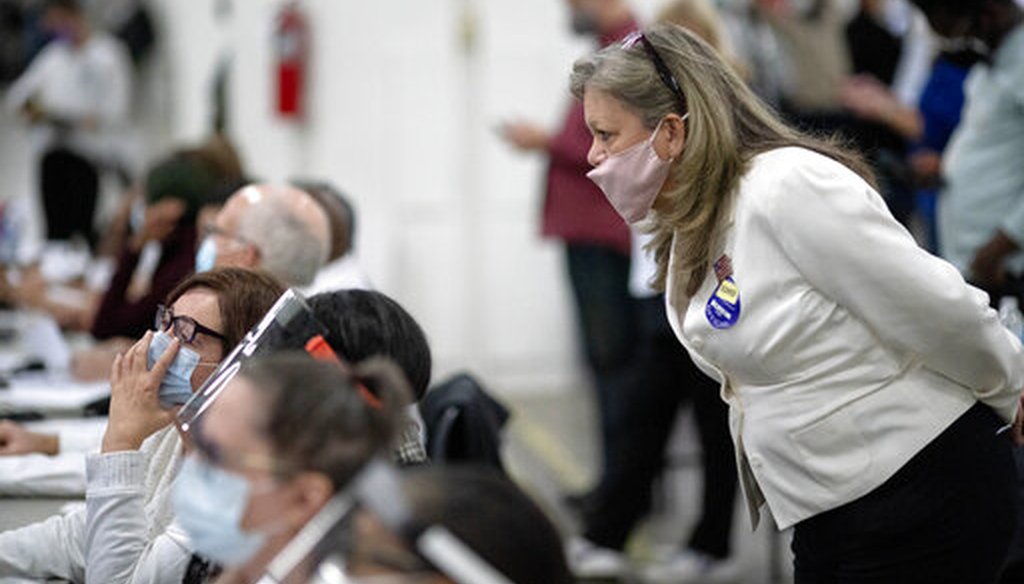
A Republican election challenger, right, watches over election inspectors examining ballots as votes are counted into the early morning hours Wednesday, Nov. 4, 2020, at the central counting site in Detroit. (AP)
If Your Time is short
-
Political parties and campaigns appoint poll watchers.
-
Poll watchers can’t handle ballots, but they can observe voting and ask questions of election staff if they have concerns.
-
A poll worker’s role is different than a watcher’s. Poll workers are employed by local government offices to operate election sites on voting days.
Former President Donald Trump frequently says that the 2024 election needs to be "too big to rig" — a kind of get-out-the-vote message that builds on his past falsehoods about 2020 election rigging.
The Republican National Committee says it will deliver on Trump’s goal by recruiting people to both work at the polls and literally watch the polls.
Lara Trump, the RNC’s co-chair, explained the group’s strategy to Newsmax’s Eric Bolling during an April 23 interview.
"We now have the ability at the RNC not just to have poll watchers — people standing in polling locations — but people who can physically handle the ballots," said Trump, the former president’s daughter-in-law.
The RNC said it will recruit 100,000 volunteers and attorneys in battleground states to serve as poll watchers. These people would observe the electoral process, including prevoting election machine testing, voting, mail ballot processing and any postelection activities, including recounts.
The RNC is also recruiting poll workers who are trained by local election offices, but the party hasn’t announced a target number for those workers. The RNC will connect people who want to be poll workers with local election offices that will train them. The RNC’s website lets people express interest in serving as a poll watcher, which is voluntary, or poll worker, which is generally paid.
The interview raised questions about what poll watchers are allowed to do
"The role of poll watchers is to observe the elections process," said Jessica Corbitt, spokesperson for Fulton County, a jurisdiction that often has poll watchers. "They may not touch equipment or ballots."
What’s a poll watcher?
Virtually all states have laws about election observation and poll watchers’ roles.
"Though rules differ on who is allowed to see what, all share the same motivation: to provide an avenue of transparency in the process to ensure that candidates and the public accept the result," College of William & Mary election law professor Rebecca Green wrote in a 2021 article.
The National Conference of State Legislatures compiled the state laws about poll watchers, challengers or observers in 2022. (They go by different titles depending upon the law, and it’s possible for a state to have more than one of those roles — for example, Michigan has poll watchers and challengers.)
Poll watcher requirements vary by state. Some states require poll watchers to be registered to vote in that county or state; other states have no residency requirements. States often limit how many poll watchers are allowed at each site. Political parties or campaigns usually appoint poll watchers.
"A successful day of poll watching is a day where nothing happens — it is an amazingly uninteresting thing," said Ryan Barack, who has been a poll watcher in the past in Hillsborough County, Florida. Barack, a Democrat, was speaking for himself and not any candidate or group.
Some states let poll watchers challenge a voter’s eligibility. In Florida, the challenge must be in writing, contain an oath and delivered to the clerk, who provides a copy to the voter. The voter may then cast a provisional ballot. Filing a frivolous challenge is a first-degree misdemeanor.
Colorado, a vote-by-mail state, has an expansive law that allows poll watchers "at each stage of the conduct of the election, including when electors are voting or when election judges are present and performing election activities."
The House of Representatives has its own program to send election observers, typically in districts with competitive races.
In Milwaukee, observers commonly ask procedural questions or flag problems or perceived problems, said Claire Woodall, who was executive director of the Milwaukee Election Commission until May 6, when the mayor replaced her. (PolitiFact interviewed her April 30.)
Woodall cited an example of a valid concern an observer raised about a voter who had been turned away for using a credit card statement as proof of address. The chief inspector confirmed that a credit card statement was acceptable and the voter was able to register and vote.
"Historically, we have only had positive interactions at polling places and Central Count for the most part," Woodall said. "Observers are a critical part of the democratic process and ensure the fairness and transparency of elections."
Poll watching has been around since the 1800s, although it looked much different then. Before the 1870s, few jurisdictions had voter registration, so people would show up to vote with their ballot in hand provided by a party ballot pusher, said Gideon Cohn-Postar, legislative director of Issue One, a democracy-focused advocacy group.
Back then, poll watchers could challenge voters they didn’t recognize, and the voters would have to swear an oath on a Bible about their identity. Meanwhile, balloting would stop, delaying the process. Massachusetts was the first state to establish ballot secrecy in 1888 and other states followed.
How is a poll watcher different than a poll worker?
In this June 9, 2020, file photo election workers process mail-in ballots during a nearly all-mail primary election in Las Vegas. (AP)
Although poll watchers observe on a party or candidate’s behalf, poll workers or election inspectors work at election sites on local government’s behalf to ensure voters can cast ballots.
Poll workers, mostly temporary hires, check in voters, distribute ballots and direct voters to machines. They also enforce neutral zones that ban campaigns from waving signs within so many feet of a precinct. Georgia bans people from handing out food or water within 150 feet of a polling place — a rule comedian Larry David lampooned on "Curb Your Enthusiasm."
States have laws about poll worker requirements, including parity to hire workers from different parties.
Why is the RNC trying to increase poll watchers?
Polling workers inspect and count absentee ballots as poll watchers sit opposite, Nov. 10, 2020, in New York. (AP)
The RNC intensified its poll-watching plans after a legal agreement that limited its ballot monitoring expired.
Democrats sued the RNC, alleging that the group intimidated Black and Hispanic voters during a 1981 election in New Jersey. In 1982, the RNC entered a consent decree to avoid prosecution. It allowed the federal court to monitor the party’s activities. In January 2018, a judge appointed by former President Barack Obama said that he had terminated the decree, concluding that Democrats failed to prove continuing violations.
Trump told his supporters in North Carolina in September 2020 to serve as poll watchers to stop the "the thieving and stealing and robbing." On April 16 in Pennsylvania, Trump told his supporters, "When you see them cheating, you get out there and start screaming. Start screaming." Trump also repeated the debunked claim that Democrats rigged the 2020 election. "We’re not going to allow them to rig the presidential election of 2024," he said.
The RNC recruited poll watchers in the 2022 midterms and then created a formalized "election integrity" department that includes challenging state voter laws and placing staff in battlegrounds states with competitive Senate or congressional races, including Florida and Ohio.
The party’s hires for this effort include Christina Bobb, a former One America News reporter who spread the myth about the "stolen" election. On April 26, Arizona’s attorney general said Bobb was among the defendants a a grand jury had indicted in a felony fake elector scheme.
In the scheme, the fake electors submitted a document to Congress that falsely stated Trump had won the 2020 election.
Bobb lobbied Arizona Republican lawmakers to disregard the popular vote and helped organize the false electors’ votes, the indictment stated.
The Democratic National Committee is also working with state and local partners to recruit poll watchers, as it has previously. But the DNC hasn’t announced a goal of how many.
Poll watching can lead to misinformation
Election challengers look through the windows of the central counting board Nov. 4, 2020, in Detroit. (AP)
Election observation laws are intended to allow the public to see that elections are fair. Yet, in 2020, it sometimes led to misinformation.
In 2020, as absentee ballots were being processed at the TCF Center in Detroit, some election observers from both parties said they were being blocked. They were prohibited from entering TCF, but that’s because the observer count had reached the state-allowed limit.
In a 2021 mayoral runoff in Anchorage, Alaska, election observers engaged in "unprecedented harassment of election officials" including taking photos of the license plate numbers of officials’ vehicles, according to a city clerk’s report.
The city has since changed regulations to address decorum and require that staff train the watchers.
After 2020, some states changed their laws to clarify poll watchers’ rights, sometimes giving them more power. For example, Montana passed a bill to allow watchers at all ballot drop-off locations; New York passed legislation to allow watchers at meetings where absentee ballots are processed. In Texas, poll watchers can sue if election workers get in their way.
Experts said poll watchers may play a more significant role in national politics this year.
"There has been an increase in people who want to watch the polls in a partisan way and (a) decrease in those to work the polls and I don’t think they are disconnected," Cohn-Postar said.
Cohn-Postar, who served as a California poll watcher in 2022 as part of the congressional program on the Democratic side, said poll watching in itself is not problematic. As long as poll watchers can observe from a spot where they can see what’s going on and can’t interfere, and "the election officials are trained in the relevant laws and able and empowered to intervene if someone crosses the line, then it’s fine."
RELATED: Poll workers are short-staffed, under attack — and quietly defending democracy
Our Sources
Lara Trump interview on Newsmax, Lara Trump Boasts RNC Will Have ‘People Who Can Physically Handle Ballots’ on Election Day, April 23, 2024
Newsmax, Lara Trump to Newsmax: If You Cheat in '24, We'll Sue You, April 23, 2024
Republican National Committee, Trump campaign and RNC unveil historic 100,000 person strong election integrity program, April 19, 2024
Republican National Committee, Election integrity and litigation efforts, Feb. 14, 2024
National Conference of State Legislatures, Policies for Election Observers, Nov. 7, 2022
National Conference of State Legislatures, Poll Watchers and Challengers, Dec. 16, 2022
National Conference of State Legislatures, Electioneering Prohibitions Near Polling Places, Dec. 31, 2023
William & Mary law professor Rebecca Green in Fordham Law Review, Election Observation Post-2020, 2021
Medium, Watchers at the Polls, Aug. 31, 2022
Brennan Center for Justice, Misinformation Risks from Partisan Poll Watchers, Nov. 8, 2022
Palm Beach County Supervisor of Elections, Poll watchers guide, 2024
Georgia Secretary of State, Poll watcher training manual, February 2022
Colorado Secretary of State, Election rules, 2024
House Committee on Administration, Election observer program, 2024
WRAL, Trump tells his supporters to become poll watchers with a baseless claim about fraud at voting locations, Sept. 8, 2020
WRAL, How insiders say Trump's pick for RNC chair strengthened the GOP in North Carolina, March 4, 2024
Arizona Attorney General Kris Mayes, Attorney General Mayes Announces Names of Additional Defendants in Fake Elector Case, April 26, 2024
Washington Post, The goofy origins of Trump’s ‘too big to rig’ mantra, March 25, 2024
Washington Post, Trump takes control of the RNC with mass layoffs, restructuring, March 12, 2024
Washington Post, Arizona defendant Christina Bobb plays key role on RNC election integrity team, April 26, 2024
New York Times, G.O.P. Intensifies Scrutiny of Voting: ‘We’re Keeping a Close Eye on You’ April 20, 2024
Rev.com, Donald Trump Rally in Schnecksville, Pennsylvania, April 16, 2024
CNN, The GOP drive to install thousands of poll workers sets off alarms, June 7, 2022
CNN State of the Union, Transcript, Nov. 6, 2022
Fox News Sean Hannity, GOP Must Adopt More Aggressive Early Vote Strategy, May 16, 2023
Axios, RNC plans to recruit thousands of poll workers and watchers for 2024, Oct. 11, 2023
Atlanta Journal-Constitution’s Greg Bluestein, X post, April 2, 2024
Miami Herald, Hillary Clinton will have six times the number of poll watchers than Donald Trump Nov. 8, Nov. 2, 2016
PolitiFact, What’s Allowed And What’s Not At Voting Sites In California? Oct. 2, 2020
PolitiFact, Trump’s new ‘evidence’ that Biden lost in 2020 is ridiculously wrong (and dusty). We reviewed it, Jan. 5, 2024
Republican National Committee, Statement to PolitiFact, April 30, 2024
Telephone interview, Ryan Barack, former poll watcher in Hillsborough County, May 1, 2024
Email interview, Jennifer Griffith, chair of the Pinellas County Democratic Party, May 1, 2024
Email interview, Ione Townsend, chair of the Hillsborough County Democratic Party, May 1, 2024
Email interview, Nick Custodio, Deputy Commissioner, Office of Philadelphia Commissioner Lisa Deeley, April 30, 2024
Email interview, Jessica Corbitt, spokesperson for Fulton County, April 29, 2024
Email interview, Alison Novoa, spokesperson for Palm Beach County Supervisor of Elections, April 29, 2024
Email interview, Jamie Heinz, Anchorage Municipal Clerk, April 30, 2024
Email interview, Claire Woodall, executive director of the Milwaukee Election Commission, April 30, 2024
Email interview, Mollie J. Cohen, political science assistant professor at Purdue University, April 29, 2024
Email interview, Richard Bensel, government professor at Cornell University, April 29, 2024
Email interview, Thessalia (Lia) Merivaki, associate professor in American politics
Mississippi State University, April 29, 2024
Telephone interview, Gideon Cohn-Postar, legislative director of Issue One, April 30, 2024
Email interview, Rebecca Green, William & Mary law professor, April 30, 2024

